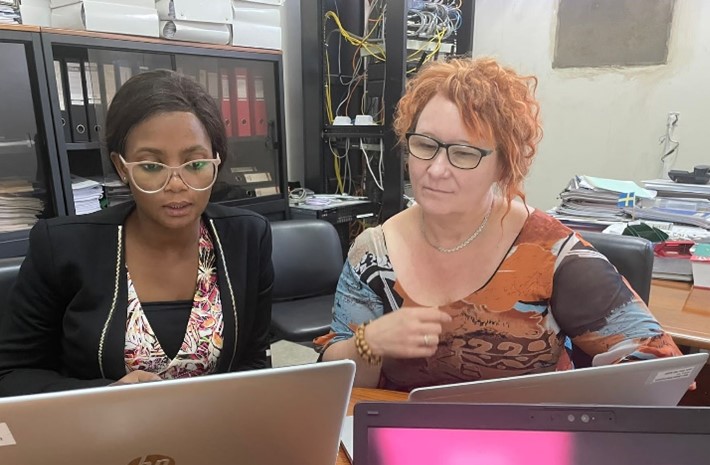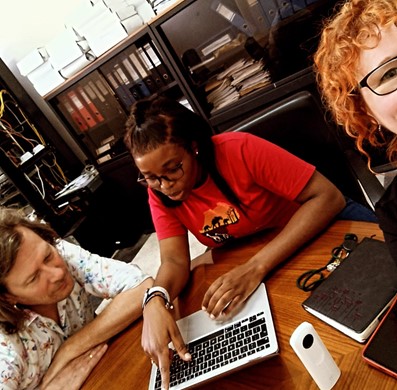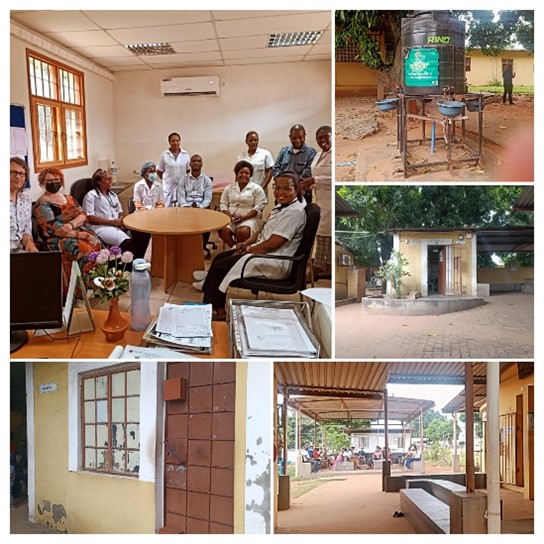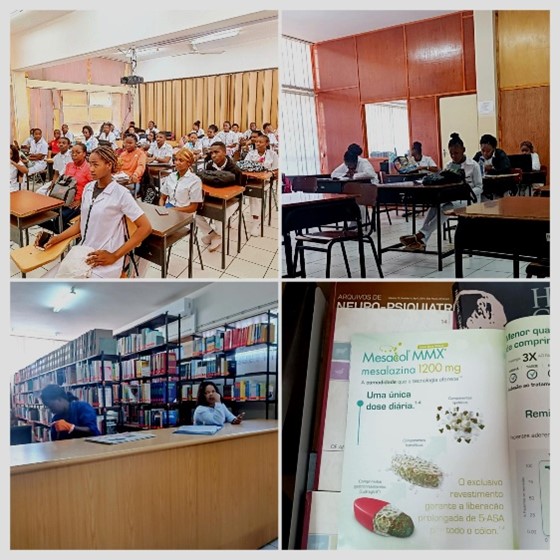
Savonia Article: Let’s work in Erasmus+ Global SA-IS (Savonia-ISCISA) Project
This work is licensed under CC BY-SA 4.0
Developing Cultural Competence in Erasmus Global Collaboration with Savonia and ISCISA in Maputo
Key Tips for Success in Diverse Work and Study Environments
Are you dealing with people from another culture because of your work or studies? Do you want to get the best result from your cooperation? Do you feel that you lack knowledge about the nuances and customs of another culture? How to proceed?
The Aim of the visit was dealing with people from another culture in work and studies, feel the lack and knowledge about the nuances, customs of culture and how to proceed.

Working or studying with people who come from different cultures, showing understanding and respect for their cultural backgrounds is paramount. Here are some tips to promote cross-cultural cooperation and achieve the best possible results. When someone studies other cultures, they try to learn basic information about the cultures of your colleagues or fellow students. This can include customs, holidays, rules of conduct and communication styles. The Internet, books and academic publications are good sources for acquiring basic information. If they ask and listen they don’t be afraid to ask about culture in a respectful and open way. Discussions about cultural differences can be educational and help avoid misunderstandings. Listen attentionally and appreciate the experiences and perspectives of others.
Be aware of assumptions! All make assumptions based on our own cultural background. Be aware of own biases and try to look at situations from several perspectives. Practice empathy! Try to put yourself in the other person’s shoes and understand how their cultural background affects the views and behavior. Empathy is key when navigating various social and professional situations. Build trust! Building trust takes time, but it is the basis for effective cooperation. Be reliable, consistent and honest in all interactions. Agree on common goals and rules! When the work group consists of different cultures, it is important to agree on clear cooperation principles and goals. This helps ensure that everyone is on the same page and knows what is expected.
Respect differences! Every culture has its own strengths and weaknesses. Respect does not only mean accepting differences but also valuing them. Be open to change and adaptation! Intercultural interaction may require adaptation and compromise. Be ready to adapt your own behavior and ways of working to promote better cooperation. These steps will help to build stronger and more lasting relationships with people from different cultures, which can lead to both personal and professional growth.
Navigating Cultural Challenges: Insights from the Erasmus+ Global Project in Mozambique and Finland
This article continues the series of publications describing the Erasmus+ Global project with Savonia and the Instituto Superior de Ciências de Saúde (ISCISA), which aims to strengthen the cultural competence of both healthcare institutions, where students and teachers develop their activities. Cultural competence is developed by creating an online course together and through a teacher and student’s exchange. Right from the start, it must be stated that working in such a digital environment is a bit more challenging in Mozambique than Finland. Creating a reliable and functional Internet connection is not a given. Working here requires time and good nerves. Also, various digital learning platforms are significantly less known in Mozambique than in Finland. The best way to proceed is to work together face to face.

The work here started with us summarizing together the goals of the project and the course. We presented the Erasmus global Open Edu learning environment and learned together about Thinkingling’s possibilities and Moodle’s H5P tools. We also made sure that everyone can log into the course independently, have skills to add text, images, more and print to the platform in editing mode. After this, we started working on the course sections “Understanding Cultural Competence” and “Adapting to New Cultural Environment”.
One of the Erasmus Global (SA-IS) projects implements is learning to understand the culture shock caused by external differences between cultures and to think together about how to prepare for a new culture and minimize the challenges caused by differences between cultures. Culture shock can arise for an individual when he encounters a new and multiple culture that differs from his own. Culture shock can feel like stepping into an unknown world where everything seems strange and different. Feelings vary according to the individual, but the culture shock of each need can evoke everything from confusion and anxiety to even sadness and frustration. Culture shock manifests itself physically, emotionally or in an individual’s behavior. Sometimes culture shock can be a very challenging experience.
The absolute norms of the new culture must not be payment or social benefits. For example, how greetings are done, how people show their emotions, how people meet and treat each other, or what is accepted for use in public places. Linguistic differences can be a big challenge. If you want to learn the basics of a new language, real communication will still be difficult, especially when expressing more subtle things.
Building Cultural Resilience
We worked together on material about culture shock using Moodle Edunia as a learning environment, e.g. H5P tools. We made introductory videos and learning paths about hospitals, educational institutions and the cultural environments of everyday life. We interviewed students about the culture shock they experienced and their ways of coping with it. By working together, we created material that helps prepare to face different cultures and understand culture shock as part of adapting to a new culture.
During the two weeks spent in Mozambique, we have faced our own cultural challenges, found a way to overcome them, and at the same time our own cultural competence has strengthened a lot.
We can also learn how to face different environment like wise the suitable conditions to work, like workplace that differ from our own environment. Understanding cultural differences is important to avoid racism, xenophobia and brings an individual into equal relations man and woman as human beings.

Petri Suohovi, Senior Lecturer, MNs, RN, Paramedic. Savonia University of Applied Sciences, Department of Health care, petri.suohovi@savonia.fi
Sari Oderhohwo, Senior Lecturer, MNs, RN. Savonia University of Applied Sciences, Department of Health care, sari.oderhohwo@savonia.fi
Leonel Monjane, Senior Lecturer, MSs, BT. Instituto Superior de Ciências de Saúde, Area das Ciências de Diagnóstico, leonelfidalgomonjane@iscisa.ac.mz